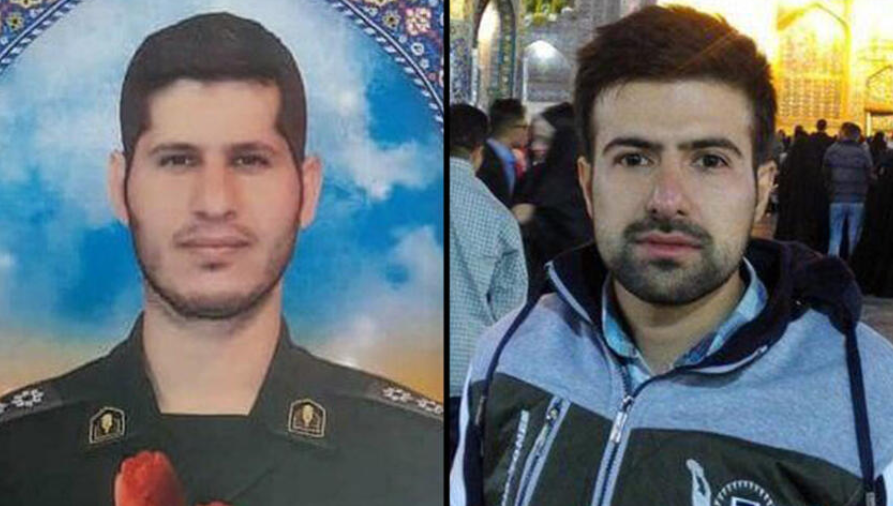
Vienna: (L-R) EU Director Helga Schmid, Federica Mogherini, EU High Representative for Foreign Affairs and Security Policy, and Foreign Minister of Iran Mohammad Javad Zarif at a ministerial meeting of the Joint Comprehensive Plan of Action on 6 July 2018 – picture by Christian Bruna (EPA-EFE)
Ever since the US withdrawal from the Joint Comprehensive Plan of Action (JCPOA), Iran and the remaining signatories of the nuclear deal have tried to devise strategies to sustain the accord and immunise their trade and transactions from US pressure.
Politicians on both sides admit that the process of finding workable solutions has been slow and dissatisfactory to Iran. During their Vienna meetings, Iranian officials complained that the EU proposals that were presented on 13 July, were a retreat from some of the promises that President Emmanuel Macron had made to President Hassan Rohani in May.
The fact is that many of the initial ideas have proven to be unfeasible. For example, the idea of putting the European Investment Bank (EIB) in charge of the financial transactions, and also the idea that one or two of the major EU central banks would be in charge of the financial transactions with Iran, have faced difficulties.
The main realisation so far has been the reality that the EU would not be able to act as a united block, because some of the smaller member states are more interested in appeasing the Trump Administration. This was also the reason why the nuclear negotiations were entrusted to the EU3 rather than the entire block. What will therefore emerge as a package in the next few months will be commitments from individual European governments and specifically Germany, France, Spain and the UK. Italy may be the only big European power that will not get directly involved.
On the financial front, the EU is now considering an idea that some Iranian experts have put forward: the issuance of Iranian Eurobonds that would facilitate some of the transactions. The bulk of the transactions would, however, be made using Chinese intermediary banks that will act as trustees of the Central Bank of Iran (CBI) in its interactions with international financial institutions.
In terms of Iranian crude oil exports the EU seems to rely on Russia as the intermediary, particularly as Moscow has an existing framework to buy Iranian oil in return for Russian exports to Iran. This may have a negative impact on European exports to Iran but it should satisfy the Iranian side.
In general, the EU governments are trying to put in place structures that can help sustain the JCPOA. Tehran understands that the EU will have certain limitations and is genuinely interested in maintaining a relationship.
In terms of the future outlook for the nuclear deal, Iran is, as usual, pursuing a two-pronged strategy: on the one hand, it is in talks with E3+2 to sustain the JCPOA; and on the other hand, it is enhancing some of the nuclear capacities in order to be ready to escalate if the European package is unacceptable in Iran. So far, Tehran has been dissatisfied with the European offers, but the understanding is that it will take a few more weeks and that the package will be ready before the November sanctions come into effect.



